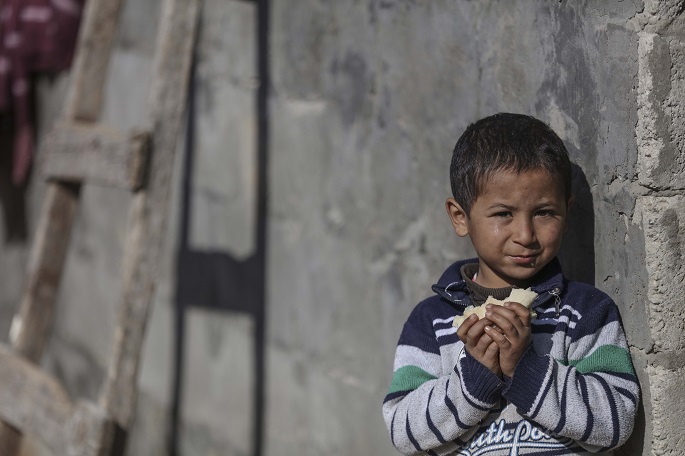10m people remain stateless globally: UNHCR
Published : 24 Apr 2018, 21:55
The UN High Commission for Refugees (UNHCR) said on Tuesday that there are over 10 million stateless persons in the world with African continent hosting one million.
UNHCR deputy representative in Kenya Walpurga Englbrecht said weak legal nationality laws and ignorance from the affected countries had contributed to the numbers.
Despite the high numbers, Englbrecht had expressed its commitment that it will eradicate the issue by 2024 through the global campaign dubbed 'I belong' which was started in 2014.
"We have around 10 million stateless persons globally and in Africa it's estimated that there are 1 million of the persons which include both adults and minors," she told a regional workshop in the Kenyan town of Naivasha.
Member States of the Great Lake region are meeting in the lakeside town for a three day regional strategic conference.
Englbrecht said they had increased their awareness in a bid to achieve the objectives of the global campaign. She said that they were working with governments to amend legislations on nationality and involve the affected persons.
Englbrecht noted that due to their condition, the stateless persons could not access basic rights like education, employment and marriages.
"The major challenges that we are facing in this war is failure by their respective government to recognize them or amend the law.
The UNHCR official however lauded the Kenyan government for recognizing the stateless people of Makonde community who originally came from Mozambique.
"This is a move in the right direction and we are prepared to work with the Kenyan government to address other cases of stateless persons," she said.
Benedicte Voos, UNHCR senior Regional Protection Officer identified Rohinngya in Bangladesh as the leading region in the world with the highest number of stateless persons.
Voos noted that this was an invisible problem which made it impossible to get the real figures of the number of affected persons in every country.
Laura Parker, UNHCR's Associate Legal Officer said their main focus was to identify, reduce, prevent and protect the affected persons.
"In this case the affected persons do not have legal documents like birth certificates or identity cards and this exposes them to harassment including arrests by the state," she said.


